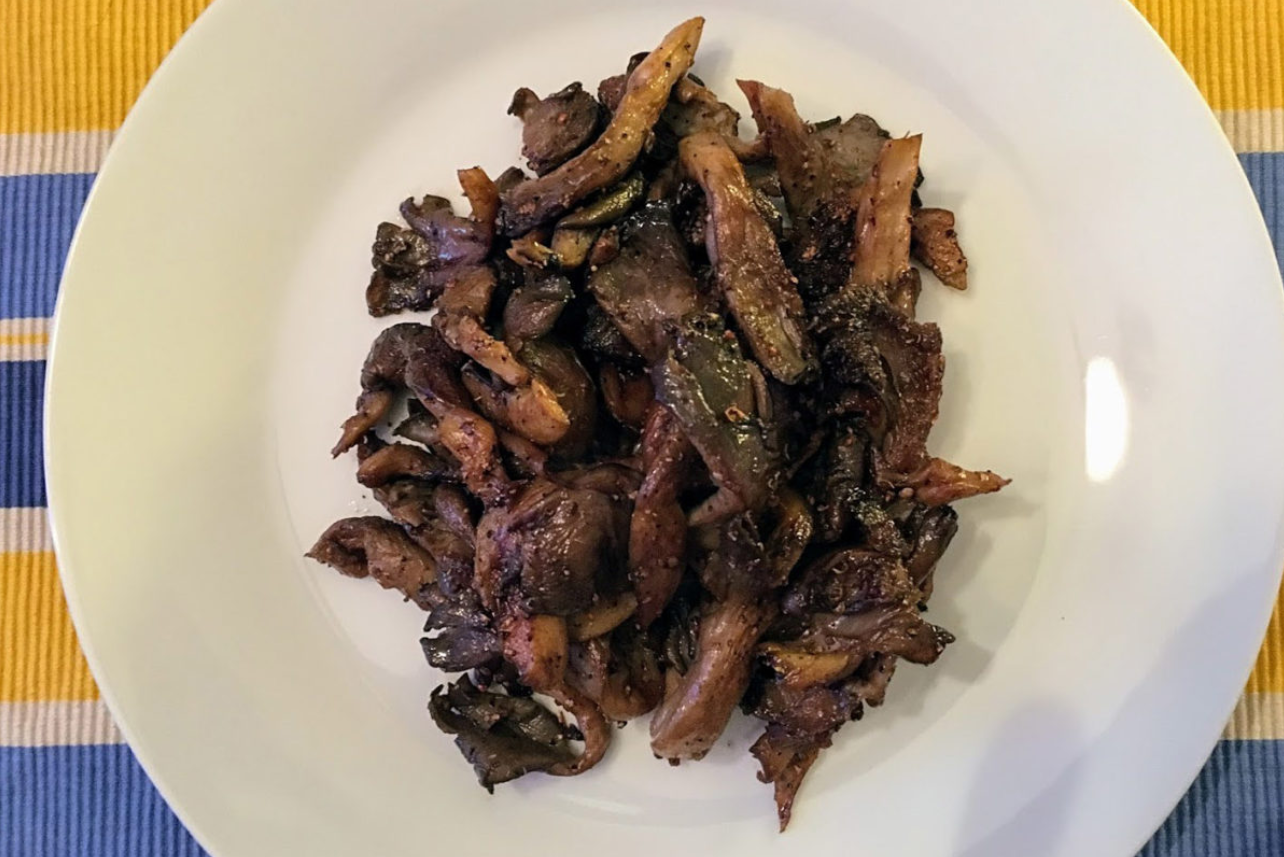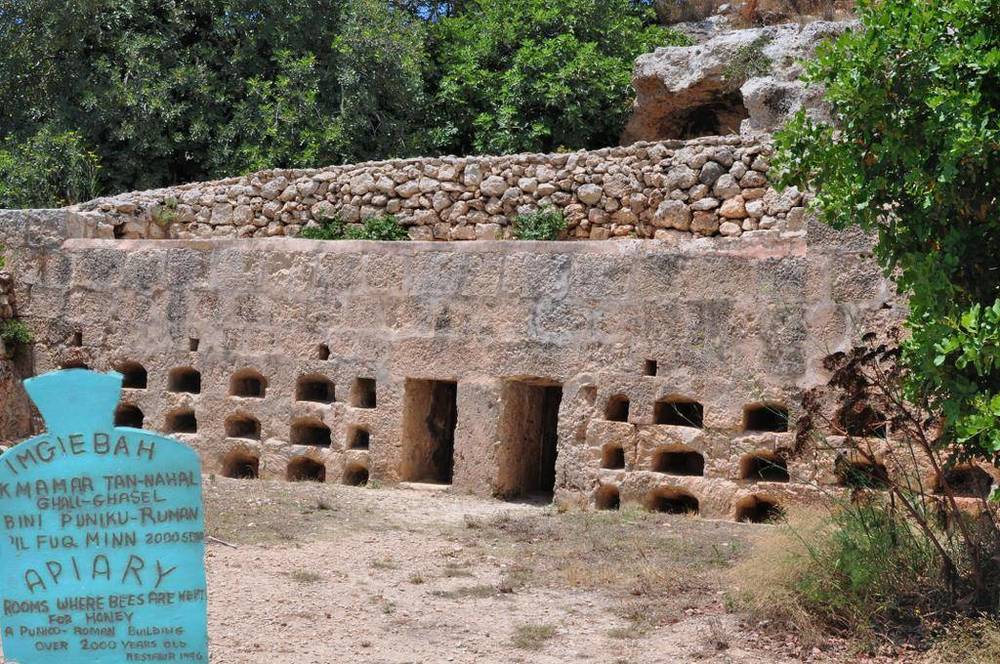
This is one of the very first recipes that I made when I first started diving into the cookbook Apicius as part of my research for FEAST OF SORROW. It calls for caroneum which is a bit tricky to know exactly what it might have tasted like but it was a reduced grape syrup of some sort. I recommend that you substitute sapa (sometimes called saba) or vincotto, which are essentially just different names for grape must, and either would be delicious in this dish. They are easily acquired at specialty food shops or Amazon.com.

